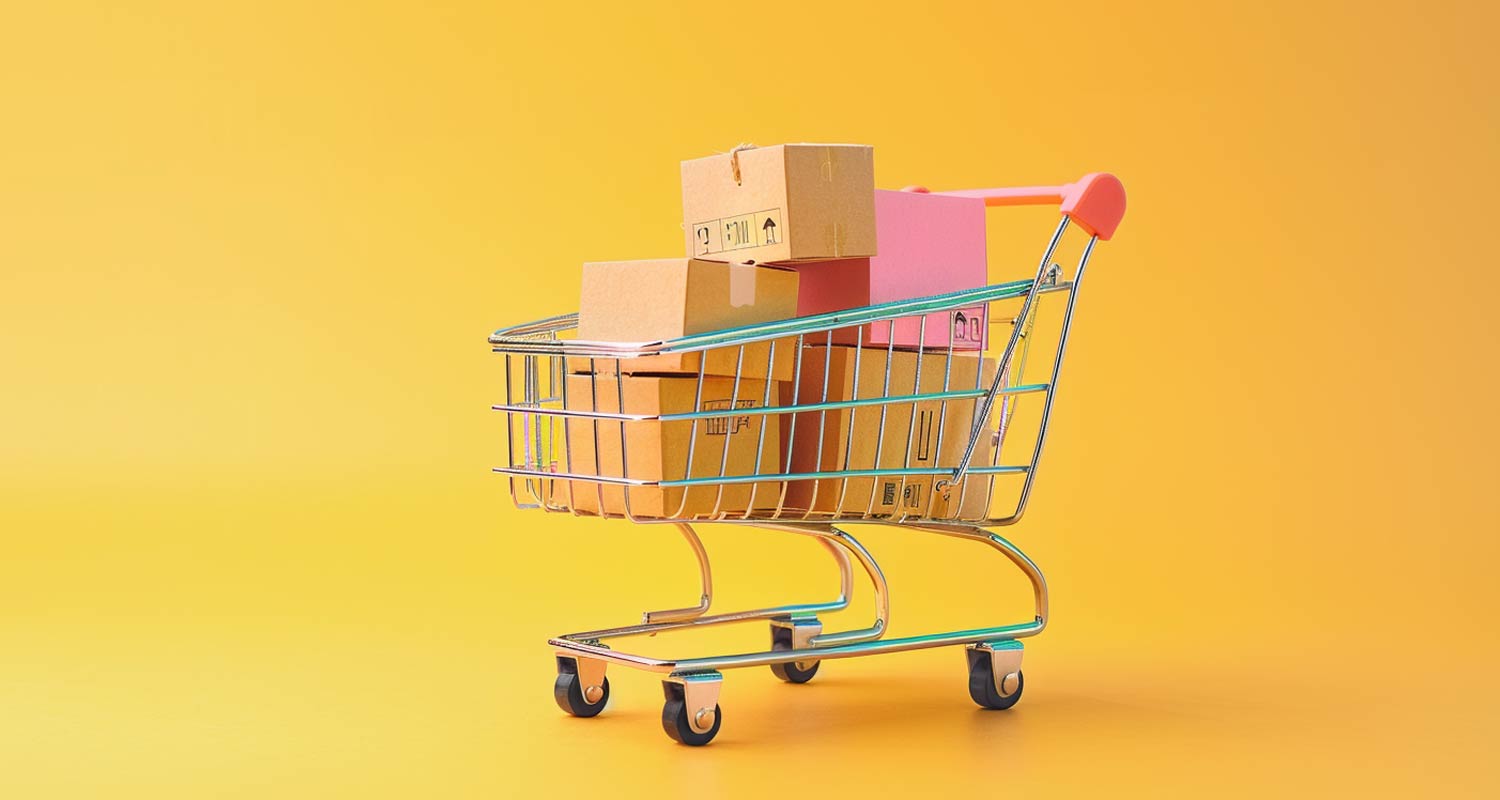 South Africa’s e-commerce sector is growing rapidly, reaching a record R71-billion in sales value in 2023, according to a new report.
South Africa’s e-commerce sector is growing rapidly, reaching a record R71-billion in sales value in 2023, according to a new report.
This represents 29% growth from R55-billion in 2022, and means that online retail is now represents 6% of the total retail sector, which generated at R1.1-trillion in sales in 2023.
This is according to the Online Retail in South Africa 2024 report by World Wide Worx, which was compiled in partnership with Mastercard, Peach Payments and AskAfrica.
“At the current rate, online retail will reach 10% of total retail in 2025,” said Arthur Goldstuck, CEO of World Wide Worx, on Tuesday.
“When that level was reached in more mature markets, it resulted in more investment and a massive boost for the sector, which then fed further growth in the years that followed.”
According to the report, education level is the factor most strongly correlated with the likelihood that individuals participate in online shopping. Nearly 37% percent of South Africans shopping online are from cities and towns, with more than half having a post-matric qualification.
As in previous years, clothing dominates the online shopping landscape, making up 30% of the sales basket. Groceries have risen to second place, from 17% in 2022 to 22.3% in 2023. Goldstuck attributed this to the rise in the availability of on-demand delivery services such as Pick n Pay’s Asap! and Checkers Sixty60.
Electronics goods
Although electronics goods fell to fourth place with a 12.7% share of total sales volumes in 2023, Goldstuck believes Amazon’s entry into the local market this week will help the electronics category rise back to its 15% share of the basket by year-end.
World Wide Worx also conducted a merchant-specific survey to glean the success factors for online retail in South Africa. Some 73% of those surveyed said that customer service is the most important factor for online sales success, above stock availability, quality and range of products, and competitive pricing.
Most of the retailers surveyed engage in a hybrid model where online sales are supplementary to their physical stores.
 Nearly 70% reported that the availability of in-store payments were critical to driving sales, since customers tend to shop online but want to see the product in person before making a payment.
Nearly 70% reported that the availability of in-store payments were critical to driving sales, since customers tend to shop online but want to see the product in person before making a payment.
Just over half of the merchants surveyed, or 53.2%, said that delivery to townships was a key success factor, coinciding with massive growth in adoption in Soweto especially, said Goldstuck.
He challenged what he called the misconception that the proliferation of cheaper online shopping platforms is harming the local retail sector. Data from the World Wide Worx report shows that the opposite is true, with just over 76% of local retailers with an online presence reporting that their online operations are profitable.
The driver of this, Goldstuck said, is improved access to markets that merchants could not reach previously when they solely relied on their physical presence.
Read: Temu, the Chinese upstart shopping app menacing Amazon
“The dominant view is that the emergence of these low cost e-commerce sites is destroying retail business in South Africa; it is certainly not,” said Goldstuck.
Amazon’s entry into the local market is also expected to contribute to the growth of the sector in the coming years, especially by exposing thousands of smaller retailers to a much larger audience via its platform.
“It has enhanced retailer access increased competitive behaviour. Over the coming seven-and-a half-months, we can expect it to add a few billion rand to the total online retail pie in South Africa,” said Goldstuck. – © 2024 NewsCentral Media




